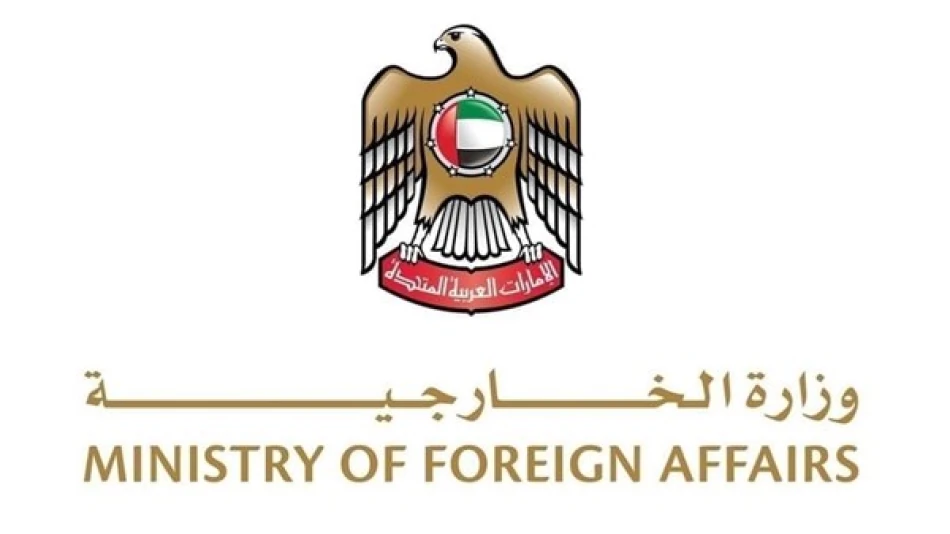
UAE Stands with Mexico, Offers Condolences After Train Collision Tragedy
UAE Extends Condolences to Mexico Following Deadly Train Collision in Atlcomulco
The United Arab Emirates has expressed solidarity with Mexico following a tragic train accident in Atlcomulco that resulted in multiple casualties, highlighting the Gulf nation's continued diplomatic engagement across Latin America as it strengthens global partnerships beyond traditional regional allies.
Official Response from Abu Dhabi
The UAE Ministry of Foreign Affairs issued a formal statement offering condolences to the families of victims and the Mexican government following the railway incident. The ministry extended wishes for swift recovery to all injured passengers and expressed sympathy with the Mexican people during this difficult time.
Strengthening UAE-Mexico Relations
This diplomatic gesture reflects the UAE's broader strategy of expanding its international presence and fostering relationships with emerging markets. The Emirates has increasingly positioned itself as a global diplomatic player, extending beyond its traditional Middle Eastern sphere of influence to build ties with Latin American nations.
Growing Economic Partnerships
The UAE and Mexico have been developing stronger economic ties in recent years, with bilateral trade reaching significant levels in sectors including energy, technology, and logistics. Mexican companies have shown growing interest in using Dubai as a gateway to Asian and African markets, while Emirati investors have explored opportunities in Mexico's expanding infrastructure and renewable energy sectors.
Regional Transportation Safety Concerns
The Atlcomulco incident underscores ongoing challenges with railway safety across Latin America, where aging infrastructure and increasing passenger volumes have created safety risks. Mexico has been investing heavily in modernizing its transportation networks, including high-speed rail projects that aim to improve both safety standards and connectivity.
For international investors and development partners like the UAE, such incidents highlight both the risks and opportunities in Latin America's infrastructure modernization efforts, where significant capital investment is needed to upgrade aging systems while meeting growing demand for efficient transportation networks.
Most Viewed News

 Layla Al Mansoori
Layla Al Mansoori






